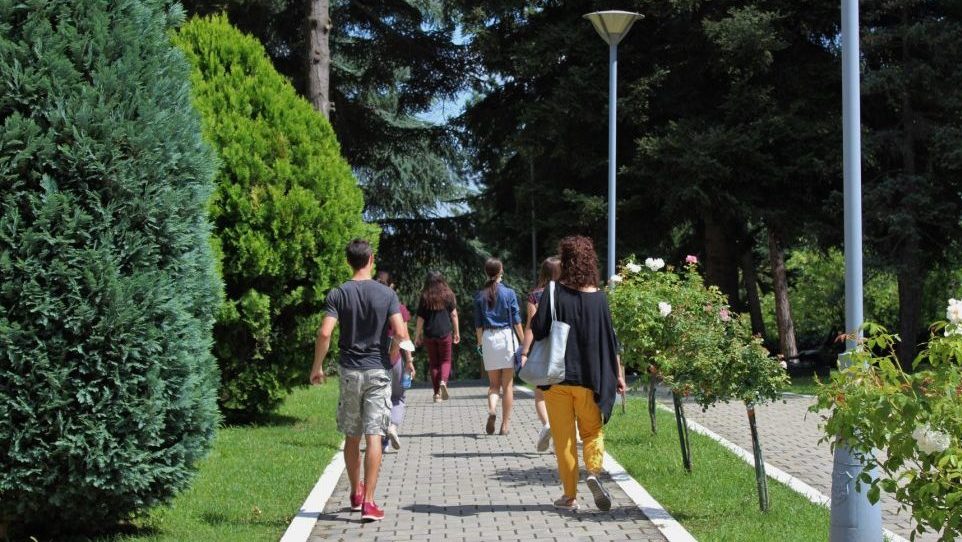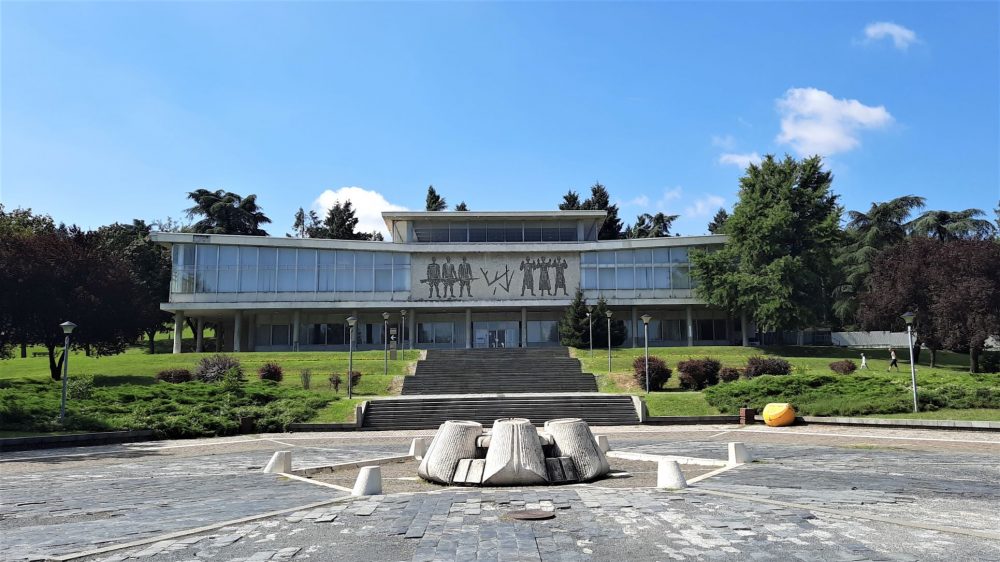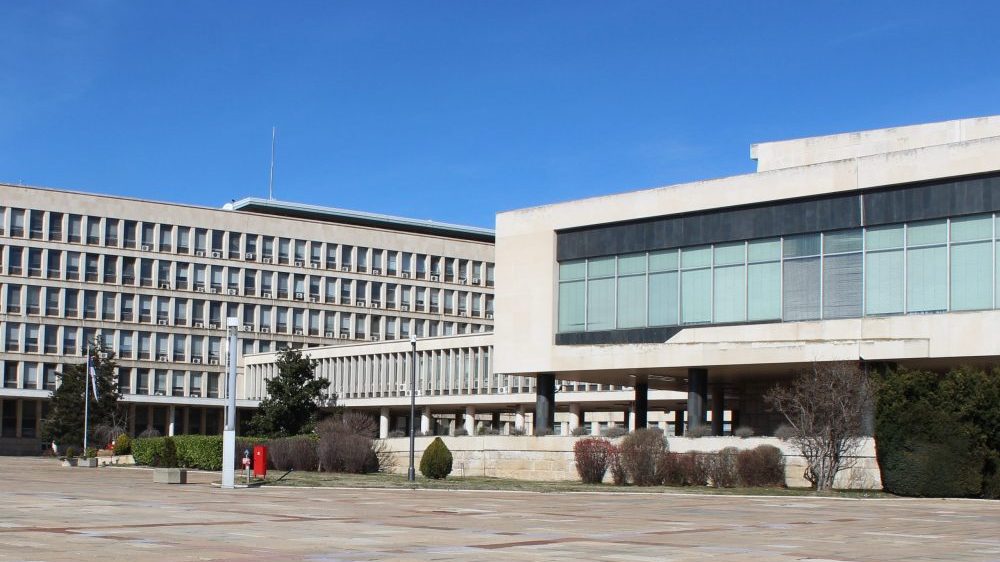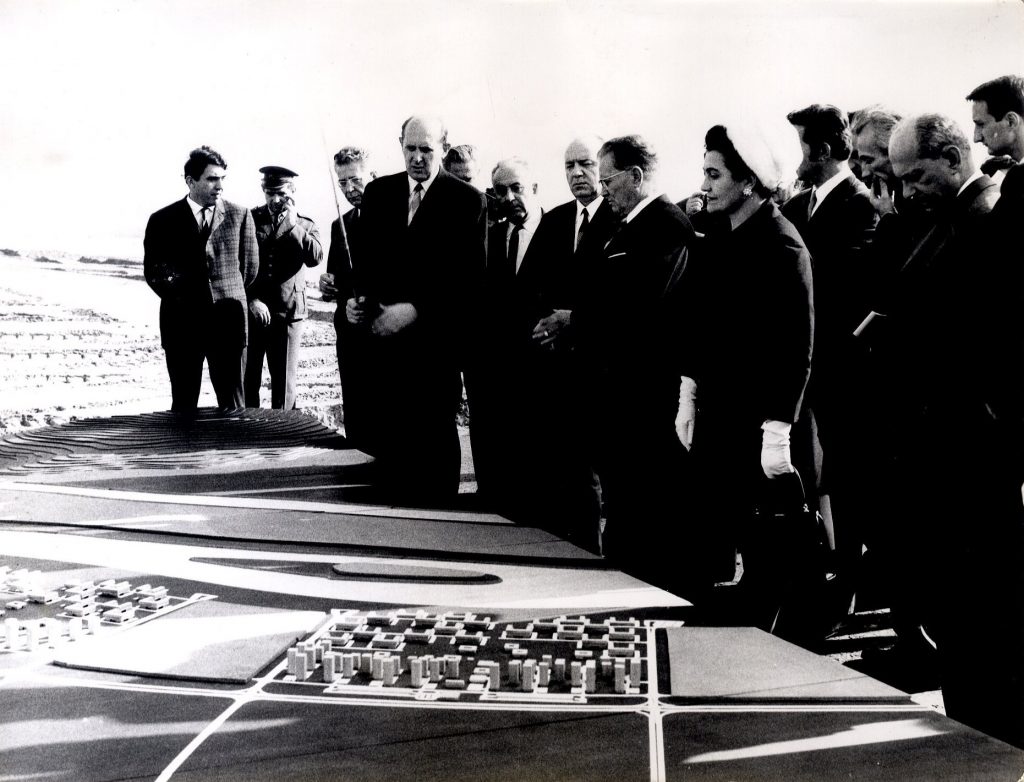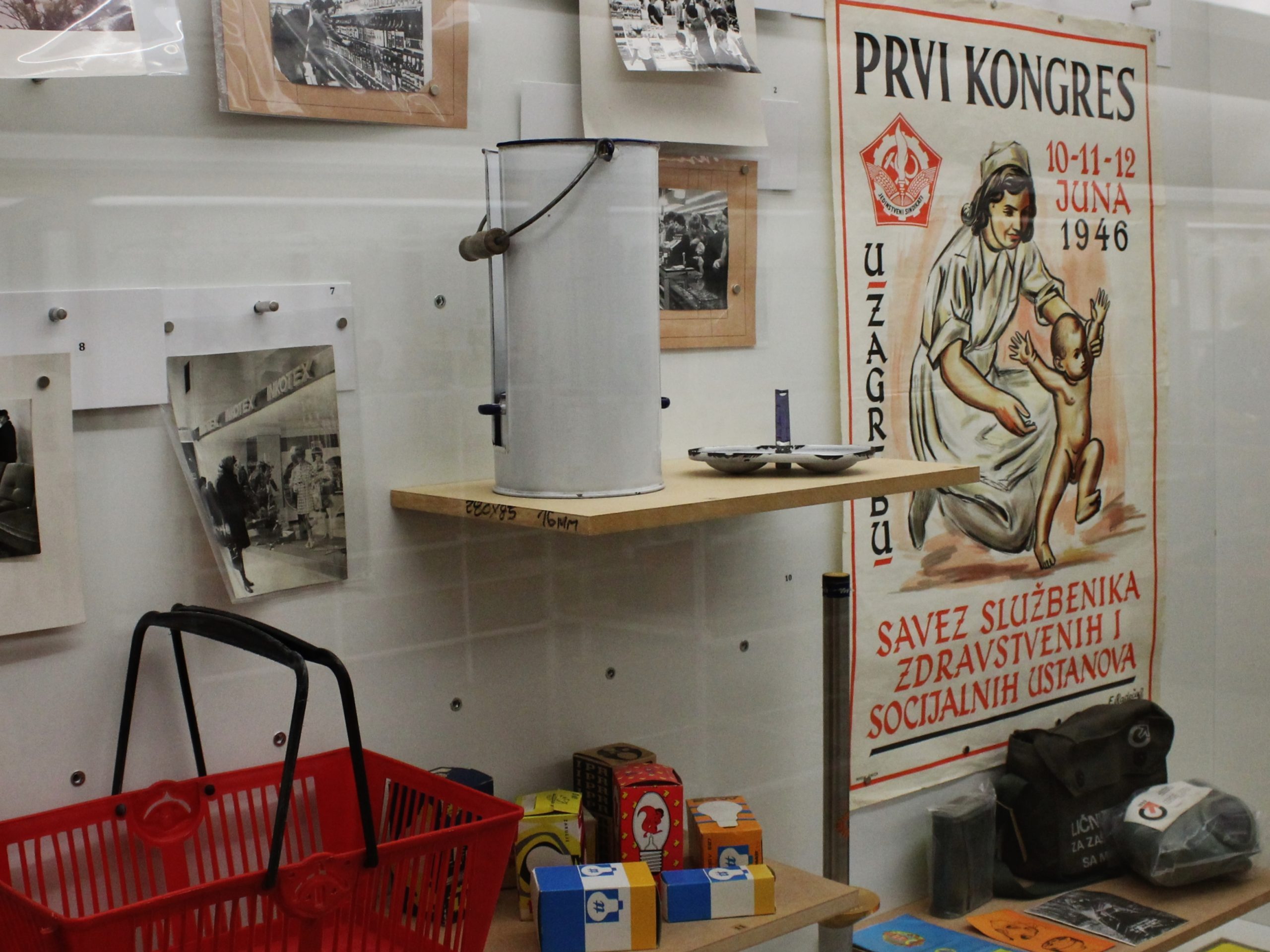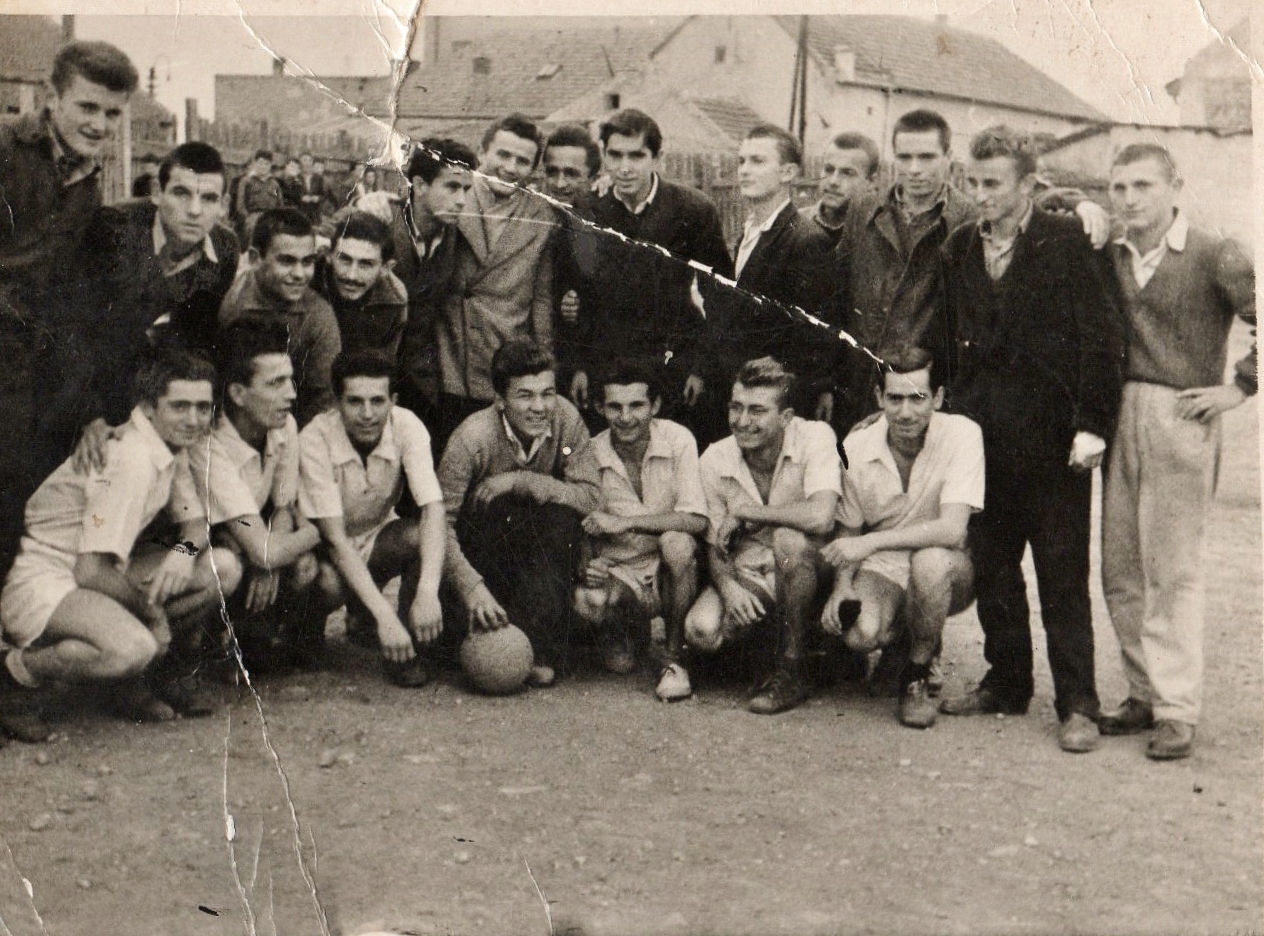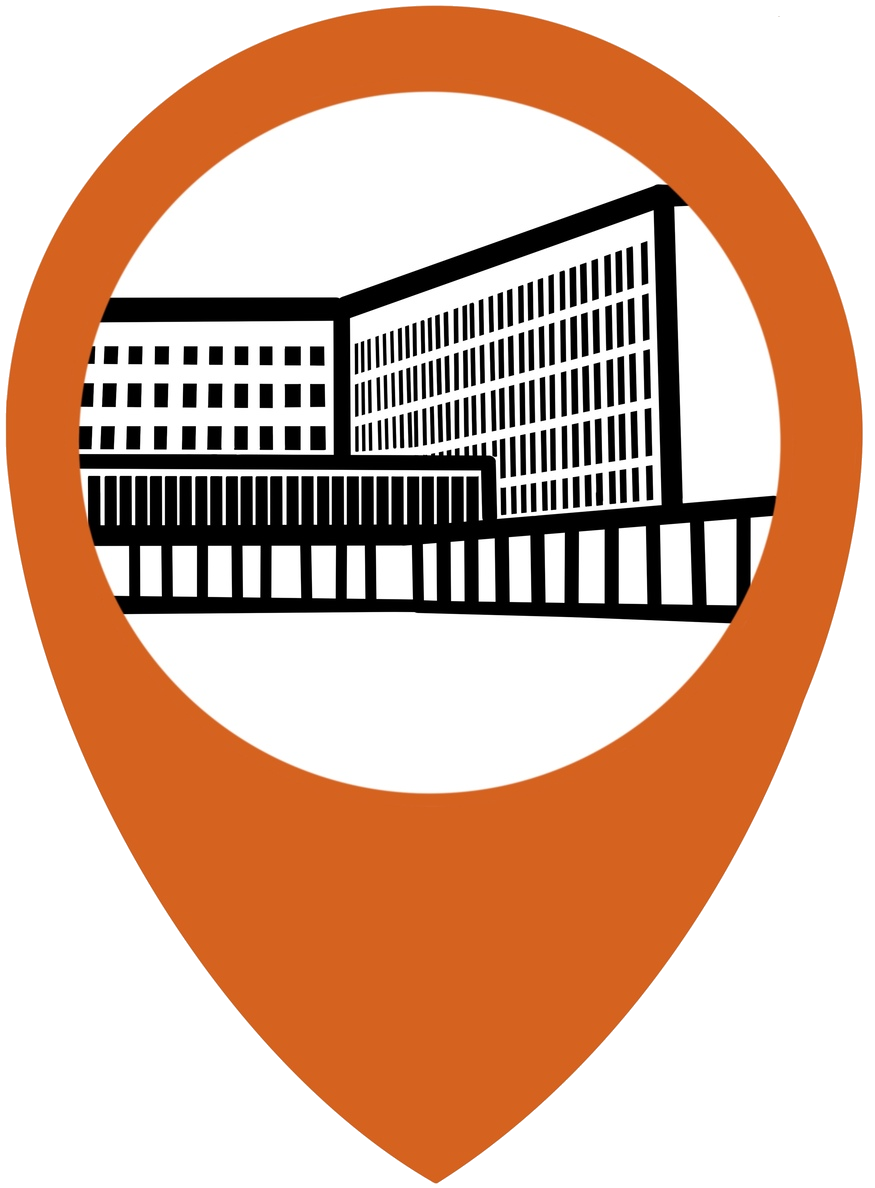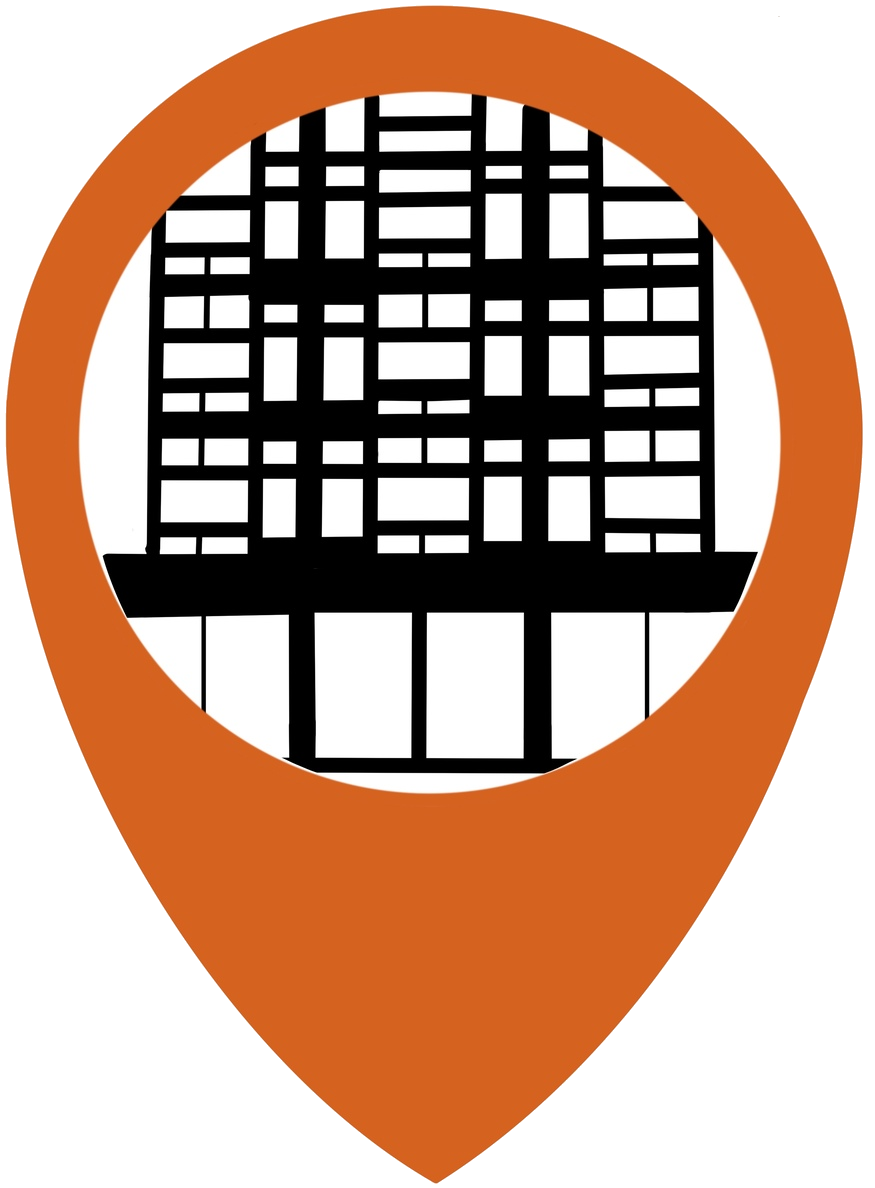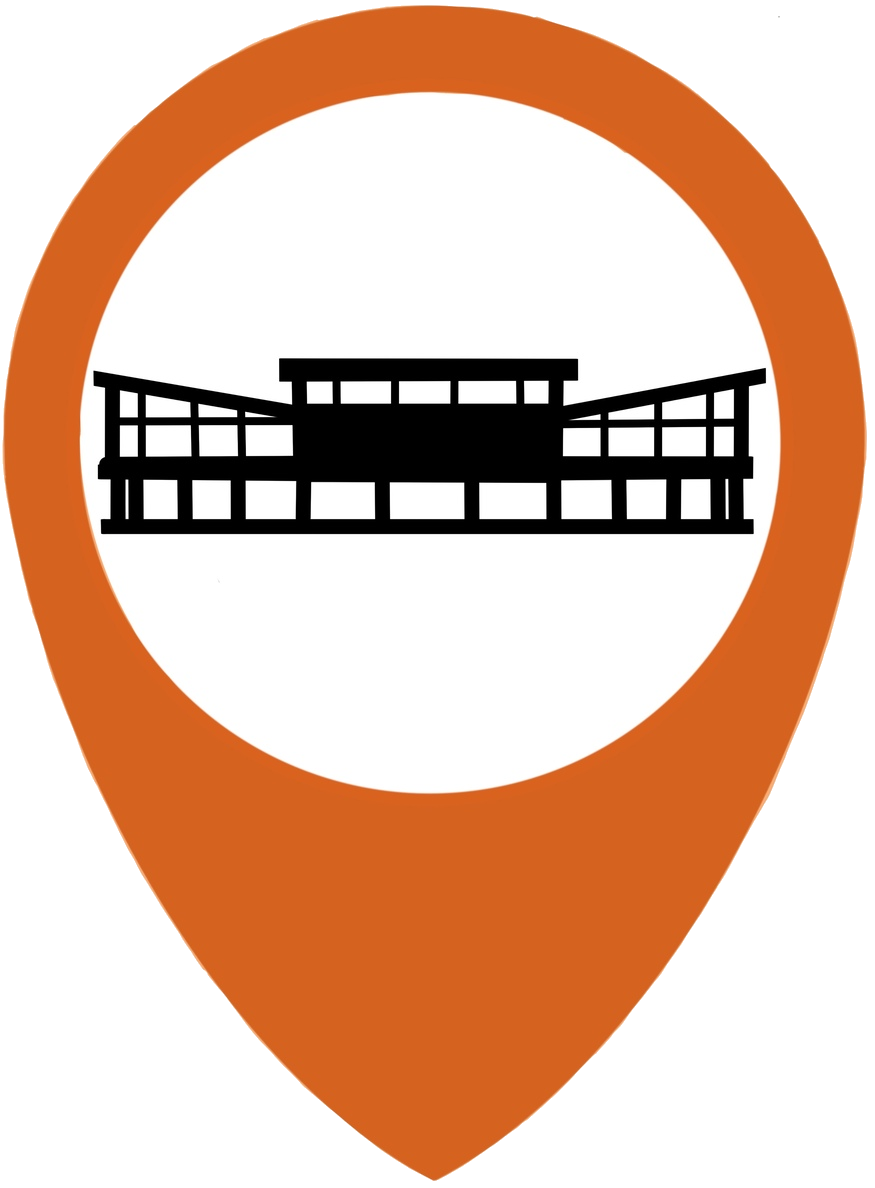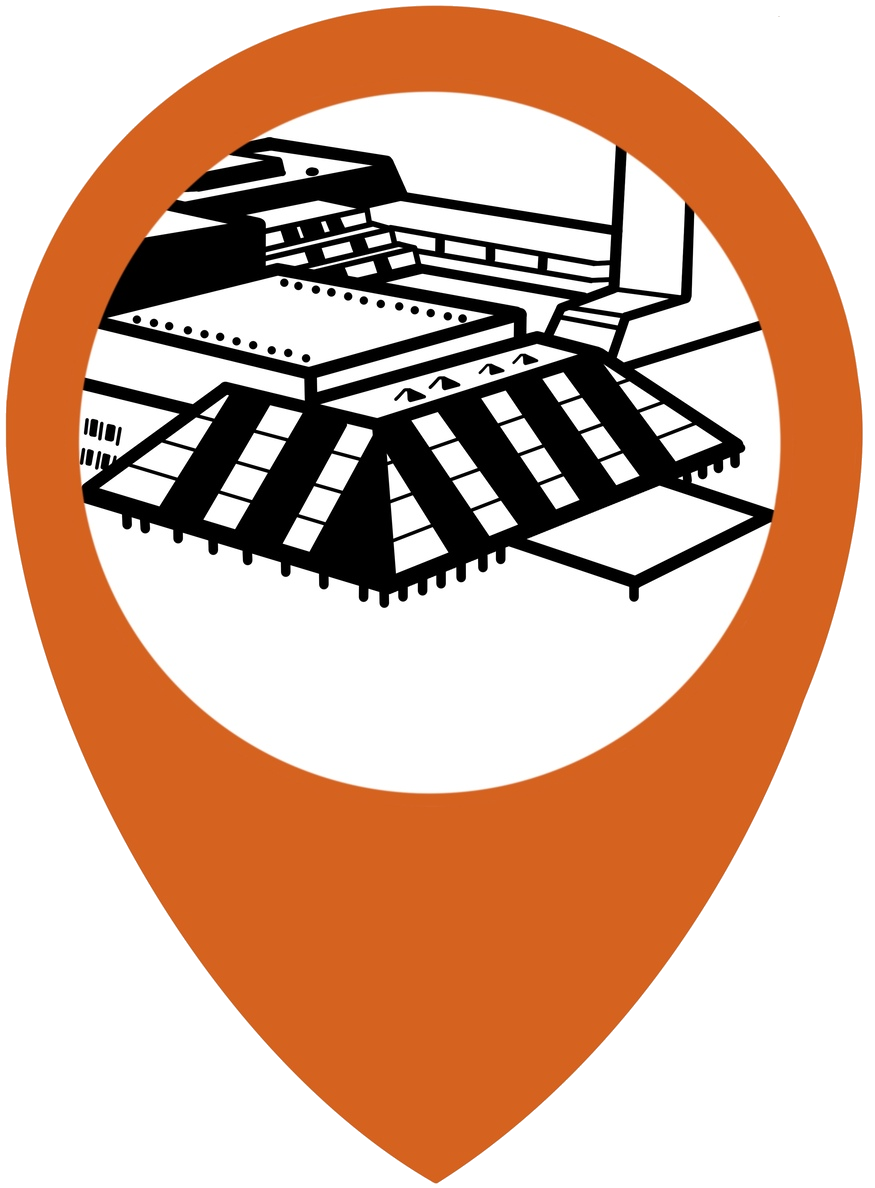SOCIALIST YUGOSLAV HUB
The Socialist Federal Republic of Yugoslavia (SFRY), with Belgrade as its capital, was a period marked by an ideological upheaval following WWII. Immediately after the war, Yugoslavia experienced an ideological shift with the acceptance of communist ideology. However, after the break with the USSR in 1948, Yugoslavia adopted a market economy within a one-party socialist political system. As the capital of the new state, Belgrade, due to its specific position between East and West, underwent economic and demographic progress in polarized socio-political circumstances.
COCA COLA SOCIALISM
Yugoslavia embraced a market economy within a one-party socialist political system. This socio-political context gave rise to the phenomenon known as "Coca-Cola socialism," wherein the values of brotherhood and unity, atheism, and the policy of non-alignment were emphasized.
YUGOSLAV WAY OF LIFE
The new socialist ideology, under the slogans of renewal, construction, and brotherhood and unity, initiated the construction of a new metropolis. Belgrade, in which a third of the buildings were destroyed or heavily damaged during the war, underwent rapid reconstruction, transforming both its architecture and way of life.
PERSONAL ARCHIVES
Our team is collecting personal stories of Belgraders who have contributed in various ways to the spirit and culture of our city during the socialist era.
Koordinator grupe, administrator sajta i fotograf: Sofija Jovanović, istraživač i dizajner: Jana Azanjac, istraživač: Ana Serafijanović, fotograf: Jovana Dimitrijević, istraživač: Ognjen Nerandžić, istraživač: Maja Milović

